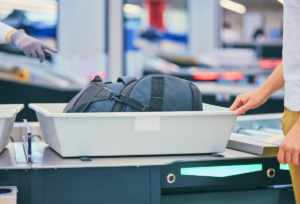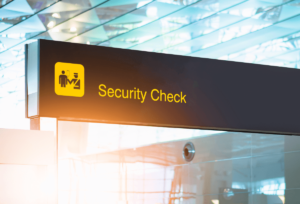A new pill is currently being developed to help travellers get over their jet-lag. The idea is that the pill works by re-setting the body’s internal clock, making it easier for people to adjust when travelling through different time zones.
Professor Andrew London of Manchester University, where the research is being carried out says the study has focused on trying to ‘fine tune’ the ticking of the body’s biological clock. His team have discovered that if it can manage one of the modules that help to control the speed of the body’s clock, then it can therefore educate it to beat to a new rhythm.
Jet-lag usually affects those who travel over three different time zones and some people are more susceptible than others. It also appears that journeys to the east tend to make people feel worse than those to the west, suggesting that the body find it harder to adjust when the days are shorter as opposed to those that are longer.
The drug has been tested on mice and results appear to prove that the enzyme that regulates the body clock could be blocked and then restarted.
The body clock is controlled by the Circadian Rhythm which is the cycle of light and dark in a 24 hour period, more commonly known as day and night. During our teenage years our bodies start to find their natural Circadian Rhythm which is why teenagers often stay up late and sleep well into the day. As we turn into adulthood and our daily routines change, our body clock slowly adjusts itself into the new pattern.
So when we are suddenly thrust through different time zones our body struggles to keep up and symptoms such as nausea, fatigue, confusion, headaches and dehydration set in.
Previous studies had concluded that our eating and drinking habits could greatly affect the severity of jet- lag. Some US experts agreed that not eating at all whilst in the air would fool the body’s rhythm into adjusting faster in a new time zone. Others believe that eating at the normal meal times from your original time zone would help defer the effects, for example if you have breakfast at 7am in the UK, make sure you eat lunch four hours later and dinner four hours after that, no matter how the time zones alter. You should then very slowly alter your eating habits to match those of the time zone you have travelled to.
This new pill could be extremely useful for those of us looking at long haul holidays and an absolute godsend for business travellers who find themselves frequently having to adjust to different time zones.
You may also like
business travellersjet-lagtime zones



